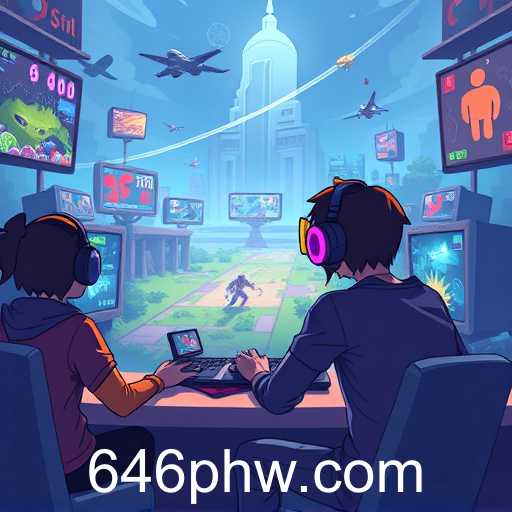The online gaming landscape has dramatically transformed over the last decade, and as we reach the midpoint of the 2020s, the evolution shows no signs of slowing down. A notable highlight of this dynamic environment is the influence of websites like '646ph' which have tailored their platforms to offer unique gaming experiences that captivate gamers worldwide. In 2025, the fusion of augmented reality (AR) and artificial intelligence (AI) continues to redefine player interaction within these digital realms.
One of the standout trends in recent years has been the integration of AR elements in traditional games, offering an immersive experience that blurs the line between the virtual and the real world. Gaming platforms harness these technologies to create environments where users feel a part of the game itself, enhancing engagement exponentially. Websites like '646ph' are at the forefront, pushing the boundaries of what was once considered possible in a web-based game.
The evolution of AI presents a fascinating dynamic in how players interact with in-game characters and the game environment. AI technologies allow for more personalized and adaptive gameplay, ensuring that games remain challenging and engaging for users with varying skill levels. This innovation has fostered the growth of niche gaming communities, each defined by shared interests and personalized experiences.
The rise of these advancements comes amid broader discussions about the role of technology in society. Experts argue that while these innovations have achieved remarkable feats in terms of communication and entertainment, there is an ongoing need to balance technological progression with user privacy and security rights.
As 2025 progresses, gaming websites will likely continue to evolve, creating new communal spaces for players. '646ph' and similar platforms serve as testaments to the transformative power of technology and innovation, reminding us of the ongoing impact these digital worlds carry in shaping human interactions and community building in the digital age.








